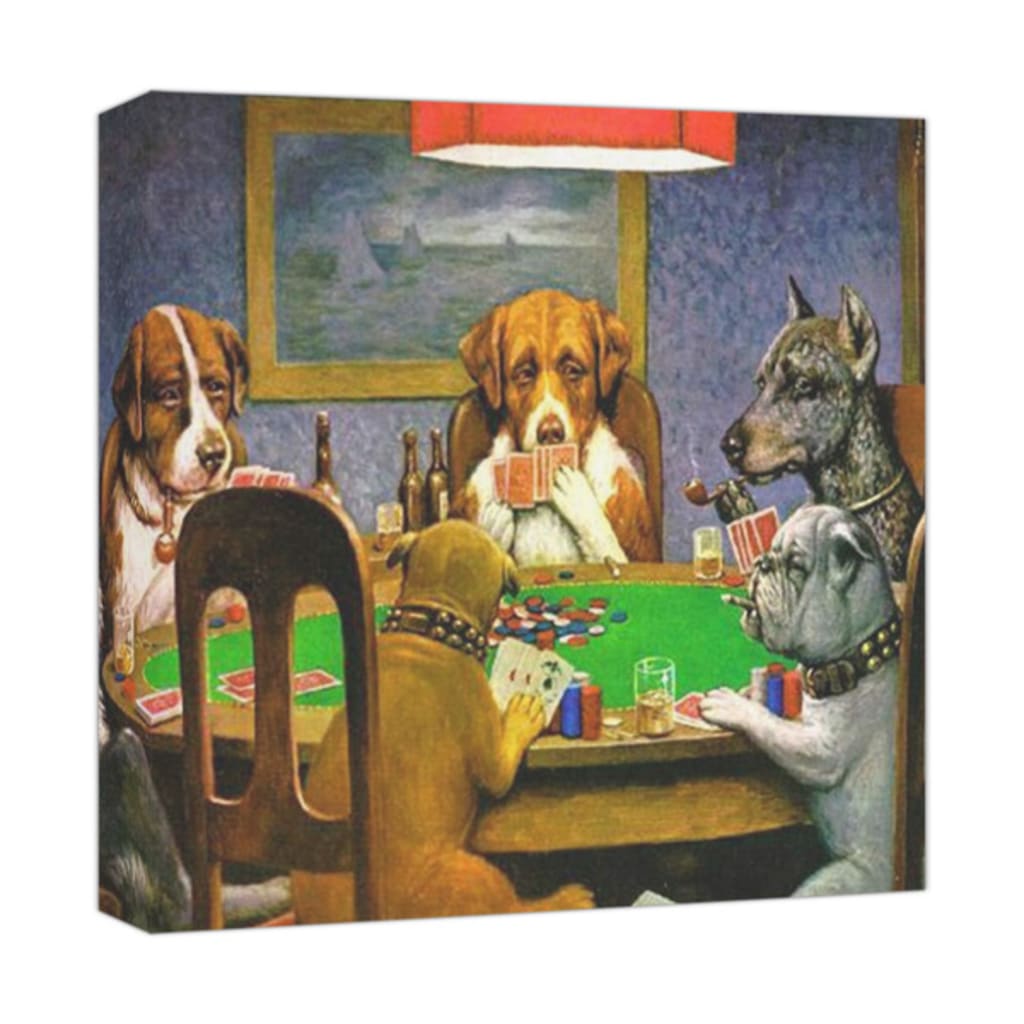Stephen Crane's short story still baffles me
Review of "The Blue Hotel"

From Wikipedia: " "The Blue Hotel" is a short story by American author Stephen Crane (1871–1900). It first appeared in 1898 in two installments in Collier's Weekly, on November 26 and on December 3, 1898. It subsequently was republished in the collection The Monster and Other Stories. It is one of the most well known of the short stories in the collection The Monsters and Other Stories. Although it appears to be a reasonably simple tale about a man who encounters trouble following a stay at the Palace Hotel, several complex themes underpin the story and define many of the overarching themes in novels like Maggie: A Girl of the Streets and more generally, Crane's corpus. Stylistically, the story breaks free from the norms of the period, often entering the realms of Expressionism, an unusual style to encounter in American literature. "
Now that I've shared the basic info with you I can let you know how I feel about this story. It's been in my mind and on my mind for the past 30 years ever since I first read it in Junior College.
The basic plot and setting is like one of those cowboy scenes in the tavern where you see a bunch of men at a table playing poker. Then there's the whole "Cheater" accusation and that's where the climax of the plot happens. Then this paranoid character gets shot and it seems an incredible injustice because from the story it didn't seem like he deserved that. Seems like a basic re-run story with not much to it, right? But that's not really what Crane was focused on. You see he gave each character a name and a specific identity and personality. There's a reason he did that and was specifically detailed about it. I don't have the story in front of me at this time so I can't point out those details, but if you know the story or if you will read the story, you will understand what I'm talking about.
He wants the reader to see which character he identifies with the most - And to have the reader saying "Yeah I would've done the same thing" or "Why didn't he do something else?" That's what happens as your reading it.
Also, after the shooting tragedy, the reader is left questioning if the shooter is the only one to blame. It seems like each and every character there "had a hand" in the murder even if they didn't shoot the gun. Even the most neutral or peaceful character there is somewhat responsible for inactivity; Such as not opening his mouth to say something about the turn of events or doing something more to stop the shooting. This realization has the reader gasping in horror at the thought that even staying on the fence or being peacefully quiet can be incriminating.
Crane is a genius and this short story written over 100 years ago is still haunting even in the modern world. I used to think that my neutral stance on most subjects would protect me from pointing fingers, but that isn't the case. Most people want to find a culprit, someone to blame for any crime or unfair incident. It doesn't matter if we all already know or say "Life is not fair." The blame game continues. But what Crane has stated and boldly pointed out in his short story "The Blue Hotel" is that it doesn't matter who you blame, we are all responsible. It seems that Crane is responding to Cain's "Am I my brother's keeper?" question, saying Yes, absolutely, we all are.
And Crane is so talented with the sneaky way he conveys the story and lets it enter the subconcious, that this short, seemingly insignificant story has been haunting me for thirty years.
I do not know which character I relate to the most - The one who stayed quiet or the one who got shot. I can see myself in both of those extremes. Regardless which character in the story you identify most with, it's simply tragic that a needless shooting happened. Yet for all my intellectual savvy, I can not see or think of a way to have re-written it so that the shooting would not have happened. It's like trying to stop a wave from reaching the shore. It seems like the paranoid guy was paranoid for good reason and that's the part that is so daunting and haunting about it.
About the Creator
Shanon Marie Clare Angermeyer Norman
Award winning published Poet. Singer/Actress. Graduate of USF.
Here I publish editorials, reviews, short stories, and poetry. I hope you will subscribe and even better pledge. Enjoy!
Enjoyed the story? Support the Creator.
Subscribe for free to receive all their stories in your feed. You could also pledge your support or give them a one-off tip, letting them know you appreciate their work.






Comments (1)
I've only read "Red Badge," but do I have a collection with this one... I will be checking it out soon!